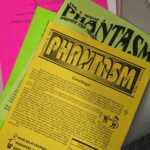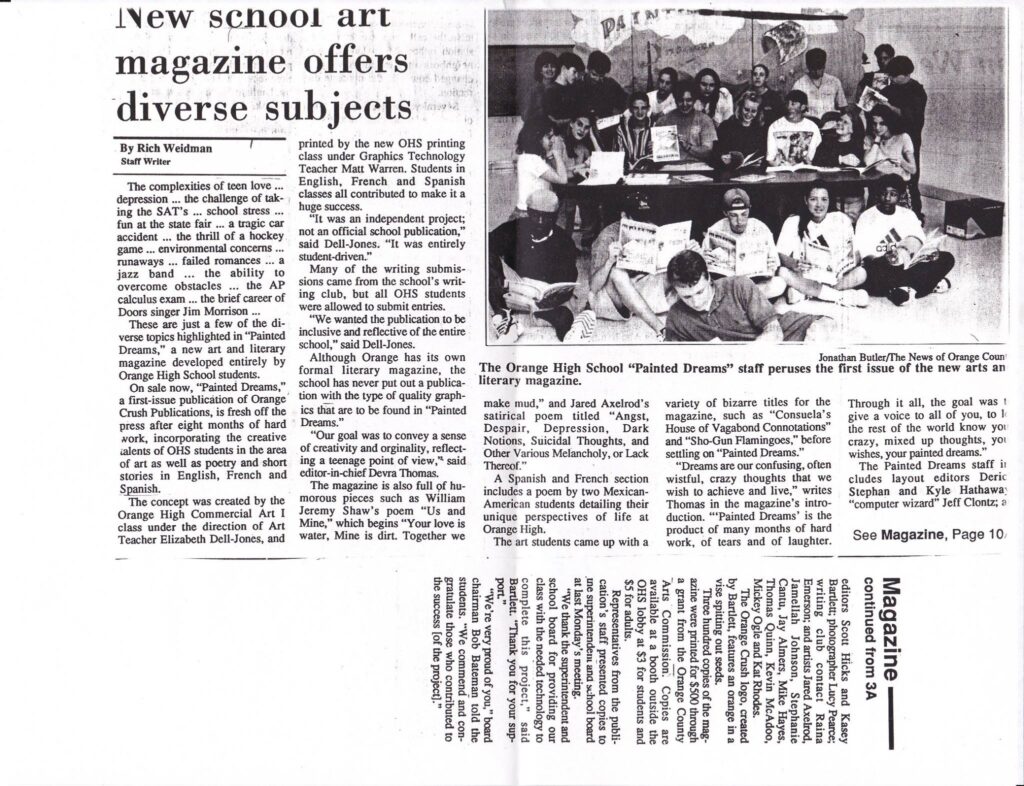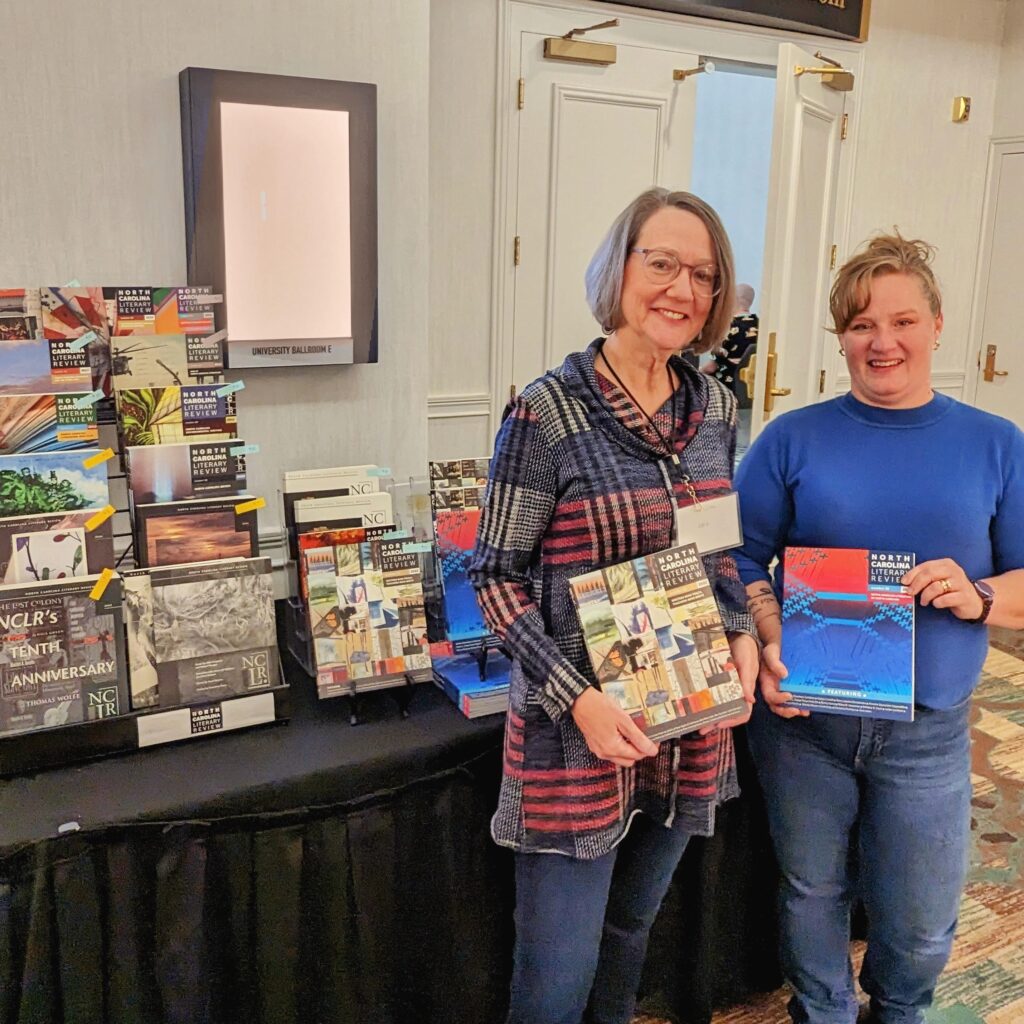By Devra Thomas, Digital Editor
It’s been over a year now I’ve been the new digital editor for NCLR. I don’t think Margaret knew what she was in for when she hired me.

I was homeschooled for part of my high school education and at some point my teacher–my mom–suggested I teach myself how to use the digital layout software on our Apple computer to start publishing the science-fiction and fantasy stories my friends and I were writing. I still am not certain if she was that prescient about how all my interests fit together into a viable career path or if she was just trying to keep me busy and suggested the first thing that entered her mind.
I was already hooked into reading magazines by then. Learning how to make them was a logical next step. I’ve studied graphic design, journalism, editorial process (project management by any other name), and photography. My senior year at Orange High School in Hillsborough, NC, I worked on the newspaper, the yearbook, and started a student-run arts and literary magazine. I started the Arts section of the Guilfordian newspaper while I attended Guilford College. I have made countless flyers, brochures, annual reports, and theater show programs. Before coming on board at NCLR, I published two print issues of Color of Fayetteville, featuring work by and about the incredible independent artists in Cumberland County. Using the printed/digital page to talk about our local authors and artists is something I’ve been doing for thirty years (only a smidge shorter than NCLR has been doing it!).

It started slowly, but now I bother Margaret with the “hey we could write about” and “wouldn’t it be cool if” ideas three or four times a week. Every time I am out, I’m finding local artists we could potentially feature with our fiction and poetry pieces. Every literary event brings another author for potential interview or scholarly analysis. Even researching the Friday from the Archives posts inevitably winds up with a “have we covered” question, the latest of which was “Did you know [famed architect] Buckminster Fuller wrote poetry while he taught at Black Mountain College? Who could write about that for our Flashbacks section to our BMC issue!”
Of course, I didn’t know what I was getting into when Margaret hired me, either.

I knew that NC had a bunch of authors: my parents were in the same Rocky Mount high school class with Allan Gurganus, actually, and I’d spent enough time in and around Hillsborough and Chapel Hill to have bumped into a few other well-known names. But I’ve learned why NC earned the moniker of “The Writingest State” because you cannot throw a pencil across a bookstore (don’t do that) without hitting an NC author’s book. My local library branch always has some kind of NC author display and I’m checking our “books reviewed” index to see if the author or title are listed (it’s about 60/40 yay/nay at this point, so if you want those numbers to go up, please help review our backlog!). Attending the NC Writers’ Network conferences this year showed me how kind and generous our authors are with their expertise and interest. Everyone wants to know what everyone else is working on! And this year’s NC Literary & Historical Association award ceremony was a wonderful example of how all the authors cheer for each other in celebration.
But now that we DO have some kind of idea what we are getting into, we want to do more. “Preserving and promoting NC’s rich literary culture” isn’t just a requisite mission statement; it really is our North Star. There are so many articles, interviews, features, heck, whole issues we could produce. There are literary festivals and literacy conferences across the state that we can make a case for attending. There are author readings and other bookstore events we’d love to be at. Classrooms to visit. Writing groups to encourage. NC-penned theater to attend.
We do a lot and could do more – with your financial help. We are very grateful to our current funding partners: ECU, NC Arts Council, NC Humanities, Lit&Hist, and our recurring family foundation and individual large and small-gift donors. An increase in donations could increase the number of contest finalists we publish, up the honoraria we provide to artists who let us use their work, and bring NCLR into more Language Arts and History classrooms across the state. Your generous year-end donations contribute to the sustainability and growth of NCLR.
North Carolina, clearly, has long had a culture of supporting the literary arts in the state. Won’t you join that legacy with a gift to NCLR?